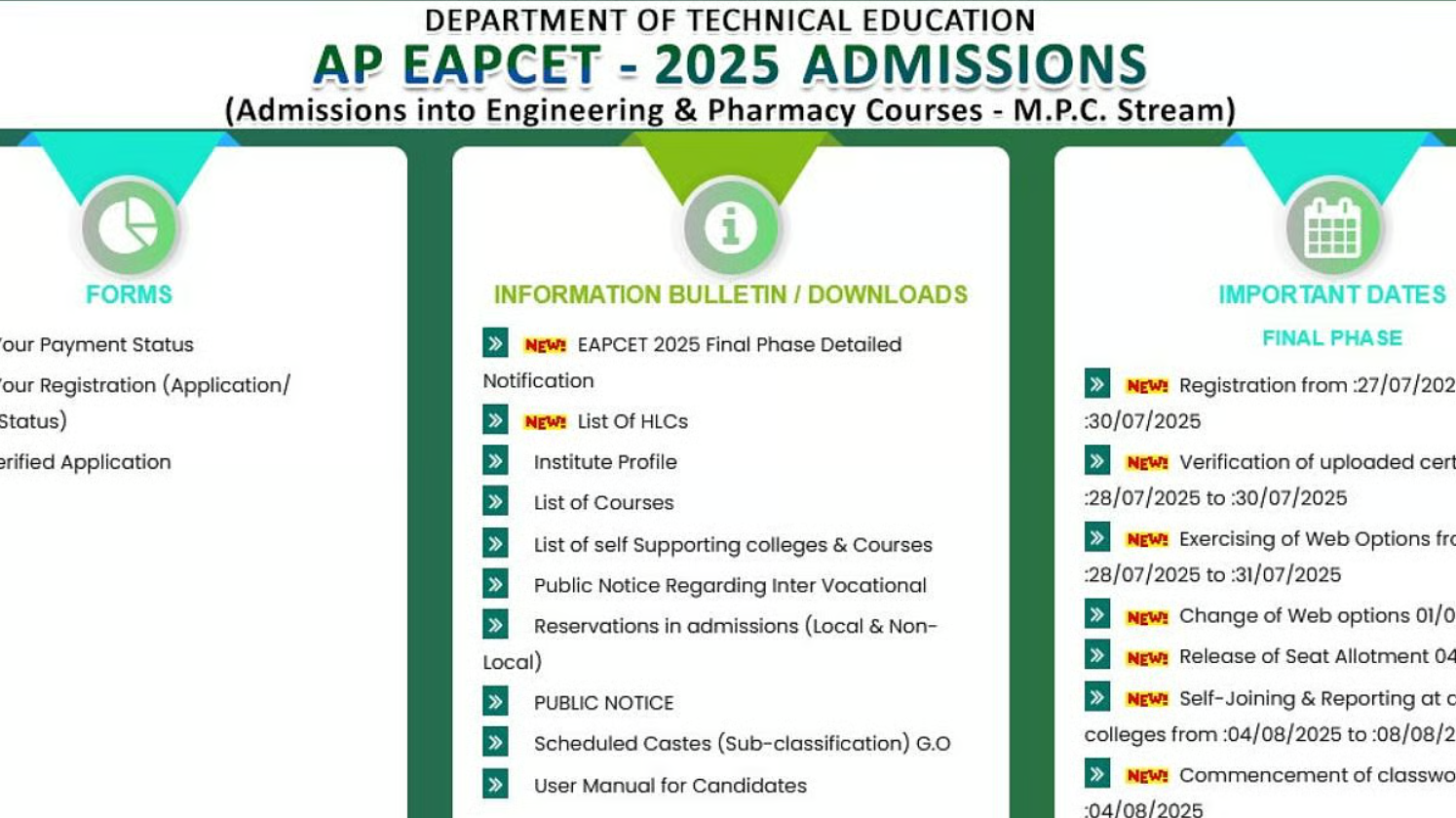Benefits of a Master’s Degree
Obtaining a master’s degree is a significant achievement that can have numerous advantages and open up exciting opportunities for personal and professional growth. In this article, we will explore the various benefits of pursuing a master’s degree and how it can positively impact your life.
Enhanced Career Prospects
A master’s degree can greatly enhance your career prospects by providing you with specialized knowledge and skills in a particular field. Employers often value individuals with advanced degrees as they demonstrate a higher level of expertise and dedication. With a master’s degree, you may have access to a wider range of job opportunities, higher salary potential, and increased job security.
Expertise and Specialization
One of the key benefits of pursuing a master’s degree is the opportunity to gain expertise and specialization in a specific area of study. Through in-depth coursework, research projects, and practical experiences, you can develop a deep understanding of your chosen field. This expertise can set you apart from others in the industry and make you a sought-after professional in your domain.
Networking and Professional Connections
During your master’s degree program, you will have the chance to connect and collaborate with fellow students, professors, and professionals in your field. These networking opportunities can be invaluable for building relationships, sharing knowledge, and exploring potential career paths. Your peers and mentors can become lifelong connections who may support you throughout your career.
Personal Growth and Development
Aside from the professional benefits, pursuing a master’s degree can also contribute to your personal growth and development. The rigorous academic environment, challenging assignments, and exposure to diverse perspectives can broaden your horizons and expand your critical thinking abilities. You may also develop transferable skills such as problem-solving, time management, and effective communication.
Advancement in the Current Field
If you are already working in a specific field, a master’s degree can provide you with the necessary qualifications and knowledge to advance in your career. It can equip you with the latest industry trends, advanced techniques, and managerial skills required for higher-level positions. With a master’s degree, you may be eligible for promotions, leadership roles, or even the opportunity to start your own business.
Research and Innovation
Many master’s degree programs involve conducting research and contributing to the existing body of knowledge in your field. This research experience allows you to delve deep into a subject of interest and make meaningful contributions to your discipline. By exploring new ideas and pushing the boundaries of knowledge, you can foster innovation and make a lasting impact on your profession.
Higher Earning Potential
While a master’s degree does not guarantee a higher salary, it can significantly increase your earning potential. According to various studies, individuals with a master’s degree tend to earn more on average compared to those with only a bachelor’s degree. The specialized knowledge and skills acquired during your master’s program can make you a valuable asset to employers, leading to better job opportunities and higher pay.

A master’s degree can provide a multitude of benefits, including enhanced career prospects, expertise and specialization, networking opportunities, personal growth, advancement in your current field, research opportunities, and higher earning potential. By investing in a master’s degree, you are investing in your future and positioning yourself for success in today’s competitive job market. So, leap and embark on this enriching educational journey!
Frequently Asked Questions about the Benefits of a Master’s Degree
1. What are the advantages of pursuing a master’s degree?
Obtaining a master’s degree can lead to higher earning potential, increased job opportunities, and specialized knowledge in your field of interest.
2. Will having a master’s degree help me advance in my career?
Yes, a master’s degree can enhance your qualifications and make you a more competitive candidate for promotions and leadership positions.
3. Are there specific industries where a master’s degree is highly valued?
Yes, industries such as healthcare, business, technology, education, and engineering often highly value individuals with master’s degrees due to the advanced skills and knowledge they bring.
4. Can a master’s degree lead to a higher salary?
Yes, studies have shown that individuals with a master’s degree tend to earn higher salaries compared to those with only a bachelor’s degree.
5. Will a master’s degree provide networking opportunities?
Absolutely! Pursuing a master’s degree allows you to connect with professors, classmates, and professionals in your field, expanding your professional network and potential job opportunities.
6. Can a master’s degree help me change careers?
Yes, a master’s degree can provide you with the necessary skills and knowledge to transition into a new career path or industry.
7. Are there any personal benefits to obtaining a master’s degree?
Aside from professional advantages, a master’s degree can boost your self-confidence, improve critical thinking and problem-solving skills, and provide a sense of personal fulfillment and accomplishment.
8. How long does it typically take to complete a master’s degree?
The duration of a master’s degree program varies depending on the field of study and whether you choose to study full-time or part-time. On average, it takes about 1-2 years to complete a master’s degree.
9. Can I pursue a master’s degree while working full-time?
Yes, many universities offer flexible programs, including evening or online classes, to accommodate working professionals who wish to pursue a master’s degree while continuing their careers.
10. Are there any scholarships or financial aid options available for master’s degree programs?
Yes, there are various scholarships, grants, and loans available specifically for master’s degree students. It is advisable to research and apply for financial aid opportunities offered by universities, government institutions, and private organizations.




